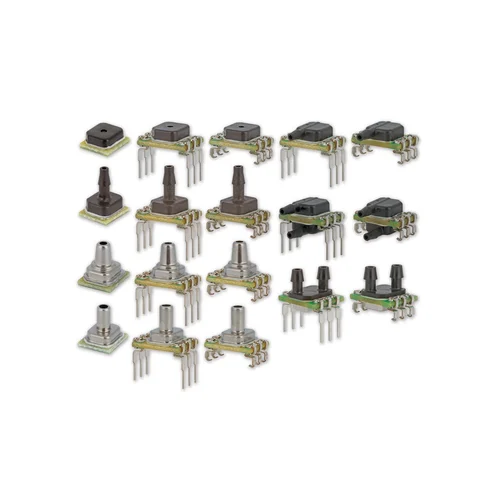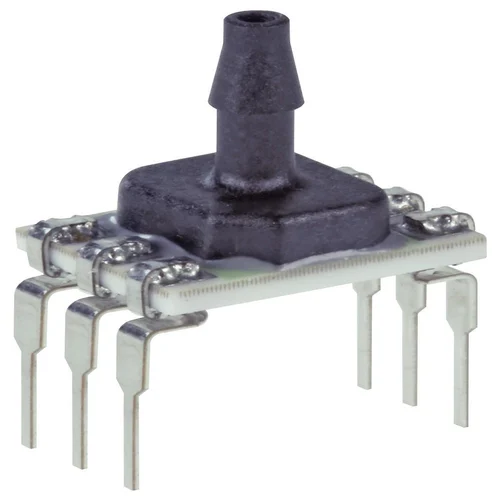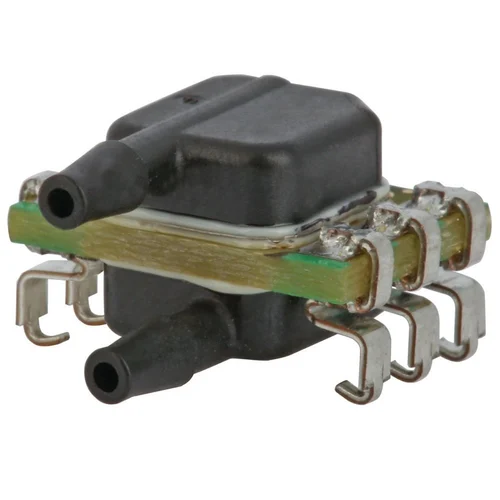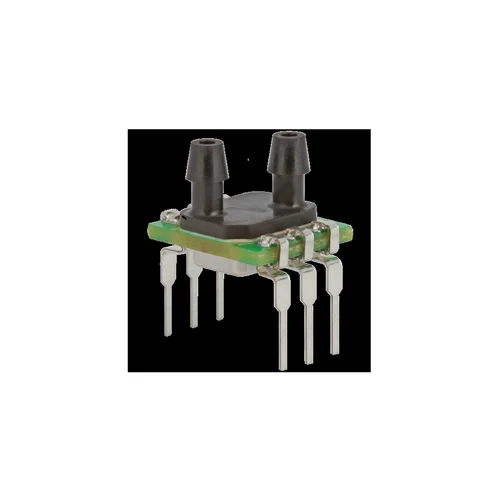Honeywell ABP2 Series Pressure Sensor
₹600.0
| Brand | Honeywell |
| Accuracy | +-0.25 %FSS BFSL |
| Operating Temperature | -40 DegreeC to 110 DegreeC [-40 DegreeF to 230 DegreeF] |
| temperature range | -40 DegreeC to 110 DegreeC [-40 DegreeF to 230 DegreeF] |
| Wide pressure range | +-6 mbar to +-12 bar |+-600 Pa to +-1.2 MPa | +-2 inH2O to +-175 psi. |
- Description
- Additional information
- Reviews (0)
- Q & A
- Sustainability Remark
- More Offers
- Store Policies
- Inquiries
The ABP2 Series are piezoresistive silicon pressure sensors that can measure pressures over through the required widescale pressure range and temperature range using either a digital or analogue output.
ABP2DANT015PAAA5,
ABP2DANT015PGAA5,
ABP2DANT060PGAA5,
ABP2DANT150PGAA5,
ABP2MDAN002ND2B3,
ABP2MDAN004KD2B3,
ABP2MDAN005ND2B3
| brands | HONEYWELL |
|---|
You must be logged in to post a review.
Q & A
Sensors play a crucial role in modern agricultural farming, enabling farmers to gather real-time data and make informed decisions about crop management. When it comes to sustainability, the use of sensors in agriculture can have several positive impacts:
Resource Efficiency: Sensors can monitor environmental conditions such as soil moisture, temperature, humidity, and light intensity. This data allows farmers to optimize resource usage by providing precise information about irrigation, fertilization, and energy requirements. By using resources more efficiently, farmers can reduce waste and minimize the environmental impact of their operations.
Precision Farming: Sensors enable precision agriculture techniques, where farmers can target specific areas of a field with the right amount of inputs. This approach reduces the use of fertilizers, pesticides, and water, leading to lower chemical runoff, decreased water pollution, and improved soil health.
Disease and Pest Management: Sensors can detect early signs of plant diseases, nutrient deficiencies, or pest infestations. By identifying these issues at an early stage, farmers can take immediate action, such as targeted spraying or adjusting nutrient levels, thereby minimizing the need for widespread pesticide application.
Crop Optimization: Sensors provide detailed data about plant growth and development, allowing farmers to optimize crop management strategies. This information helps farmers adjust planting schedules, manage harvest timing, and implement effective crop rotation practices, leading to improved yields and reduced environmental impact.
Monitoring Environmental Impact: Sensors can assess environmental parameters beyond the farm, such as weather conditions, air quality, and water quality. By monitoring and analyzing this data, farmers can minimize their environmental footprint and make more sustainable decisions.
However, it's important to consider the sustainability of the manufacturing, use, and disposal of the sensors themselves. The production of sensors can have environmental implications, including energy consumption, raw material extraction, and waste generation. It's essential for sensor manufacturers to adopt sustainable practices and consider the lifecycle impacts of their products.
Overall, while the use of sensors in agricultural farming can contribute to sustainability by promoting resource efficiency and precision farming techniques, it's crucial to consider the broader sustainability aspects associated with their production and disposal.
General Inquiries
There are no inquiries yet.




















Reviews
There are no reviews yet.